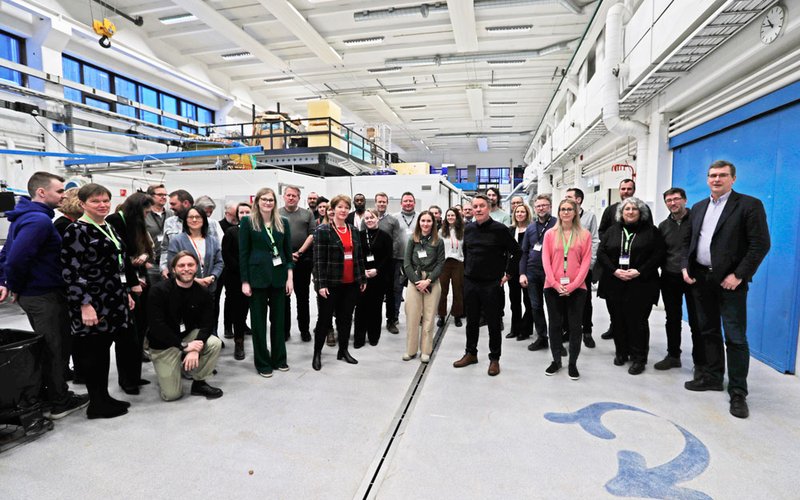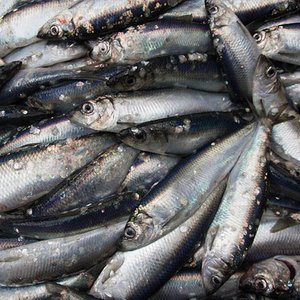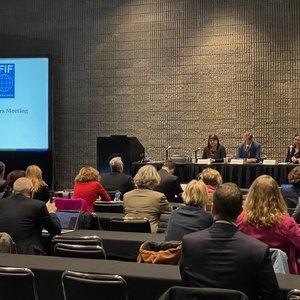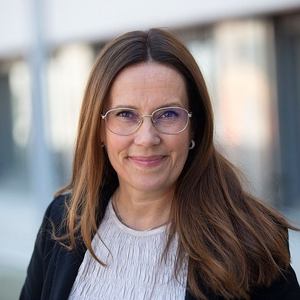Norwegian industry players, scientists, decision-makers and stakeholder organizations established a national network to share knowledge and promote low-trophic aquaculture. In Tromsø, where the network will be established, 50 people have gathered for a two-day meeting. The gathering is funded by the Research Council of Norway.
Many people think of seafood as mainly fish and shellfish, but seafood is so much more. Sea urchins, shells, seaweed and kelp are all low-trophic species with major potential as food, feed and health products. In Norway, many players work with low-trophic aquaculture, but it is only now that they have gathered across species to collaborate on a national network. Plans are being developed in the network for, among other things, sharing experiences between industry actors, and many of them believe that this industry will have a turnover in the billions soon.
“Low-trophic aquaculture is an industry that is developing at full speed. We are experiencing a lot of interest from startups who want to learn more about the different species. Our goal is to start an annual professional conference in Tromsø that can provide them with new knowledge,” said senior scientist at Nofima, Petter Olsen.
Although low-trophic species are suitable for food, they are also suitable for feed. Low-trophic species for feed production can help reduce emissions and make the feed more sustainable. In addition, several of the species contain a high level of omega-3s, minerals and vitamins.
Together with project partners, the University of Tromsø, NORCE and Bellona, Nofima wants to contribute to the industry by gaining access to the latest research, technology and practice.
“As an environmental organization, we, in Bellona, see great potential for the cultivation of species low on the food chain. Many of the low-trophic level species are newly farmed species in Norway. The new national network will contribute to the exchange of knowledge and experience and thus will also speed up the development of new, low-trophic species in aquaculture,” said Mari Bjordal from Bellona.













